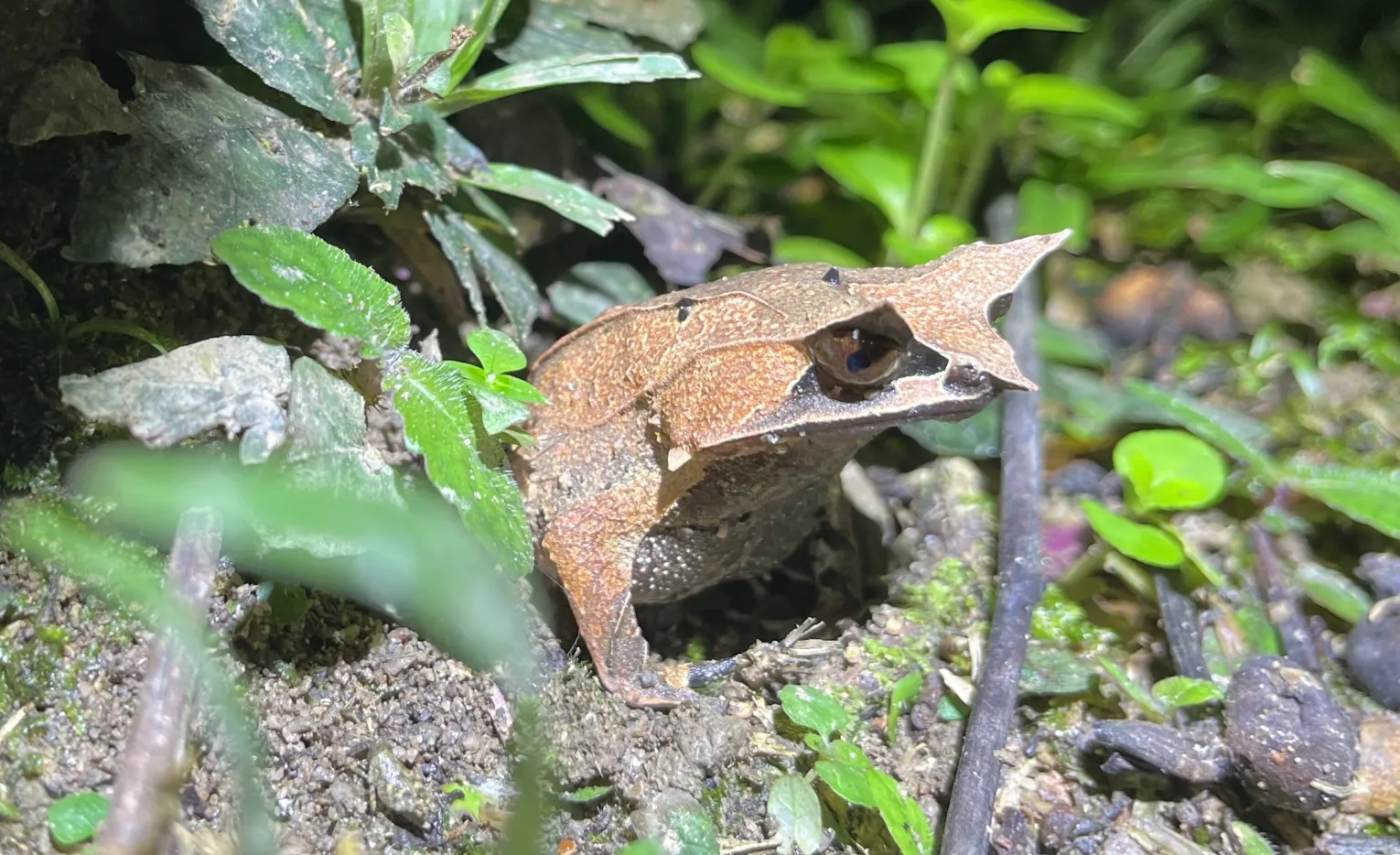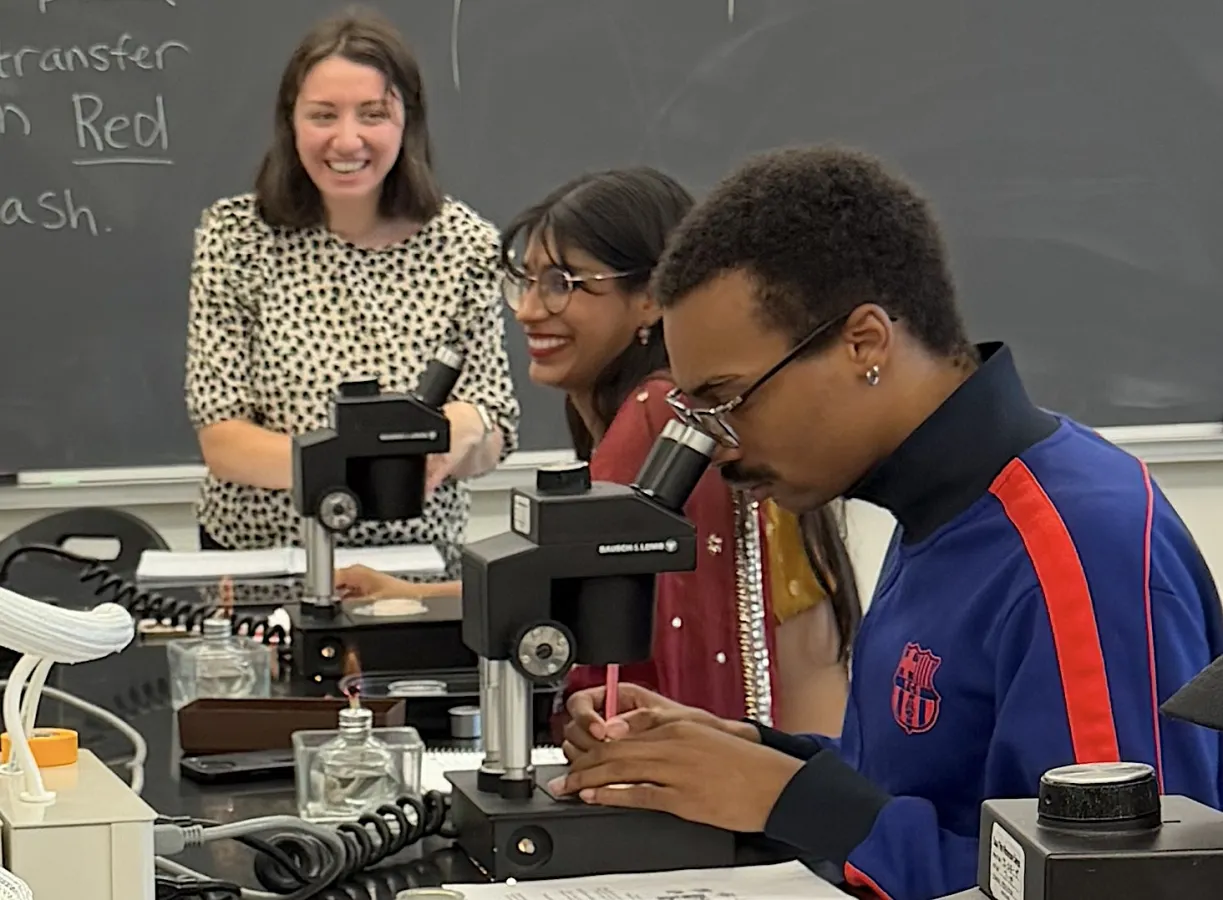Summer Stipends
Summer Stipends: Students may be compensated through research stipends. Stipends ($6,000 for 2025) support ten week long, full time, paid research opportunities in the lab or the field. A limited number of stipends are available for research conducted during the summer at other institutions.
- You can apply for apply for a NSE summer stipend to do research on or off campus with the support of a faculty mentor. Applications are due in early February.
- If the research you want to participate in has a field-work component (the work takes place out-of-doors) you can also apply for a Biology Department Field Award. Applications are due in early March, but later applications are considered depending on funding availability.
- Stipends for summer research at other institution are available through NSF funded REU programs. Application due dates are mostly in February and March.
SUMMER STIPEND FELLOWSHIPS (MORE INFORMATION)
Endowed funds of the Swarthmore Biology Department provide support for joint student-faculty or student initiated research in biology. The majority of these Biology Department funds (Meinkoth, Enders and Lande) were given to specifically support projects that in some way connect the research question to the biology of organisms in the field. If you wish to apply for such support please follow the instructions for the Division funds below. Note that occasionally the Biology Department will fund a student after the Division deadline. The department may also take special requests for partial research funding. See Vince Formica for information. Students who are applying to work with non-Swarthmore faculty off campus must submit a short letter of support from their off-campus advisor.
- Robert Enders Field Research Fund In honor of professor emeritus Robert K. Enders, Clothier Professor, the Field Research Award is given annually to a junior or senior showing great promise in biological field research. The award is to enable him or her to pursue a field research project proposed to the Department of Biology. The project may either be in collaboration with a member of the Biology Department or an independent project pursued under the supervision of a member of the Department. Results of the project are presented to the Department by the student and support is acknowledged in publications resulting from the research. The award may be used to meet the essential costs of the project to the student, including equipment, transportation, and living expenses.
- Norman A. Meinkoth Field Biology Fund
Former students and friends of Norman A. Meinkoth have established this award to support both observational and experimental biological studies in a natural environment. The intent of this fund is to facilitate the joint participation of Swarthmore students and faculty in field biology projects, with priority given to marine biology. It will also support student independent research projects under field conditions. For the two field research awards above, top priority for funding will be given to joint student-faculty ventures. Student-initiated studies receive second priority and other proposals are ranked third. - The Robert Savage Fund
The Robert Savage fund was established in 1995 to honor Robert Savage on the occasion of his retirement. The Savage Fund supports student research in cell and molecular biology. Student applications for funding will be made to the Department. - The Lande Research Fund
The S. Theodore Lande Research Fund was established in 1992 to provide support for student research in field biology both on and off campus. - Sigma Xi
Swarthmore College Sigma Xi Usually several students are supported each year. Further information can be found on the Sigma Xi website
NSE SUMMER RESEARCH SUPPORT
The College has research funding from the Division of Natural Sciences and from the College. Support from these sources is awarded to faculty, but students are responsible for writing the proposal in collaboration with a faculty member. Hence, meeting with faculty well in advance of the mid-February deadlines for application is strongly recommended.
A single application is used to apply for Division funds and is usually available only after the middle of January every year. The application is usually due in early February every year. Faculty letters of support are due mid February. The application and due dates can be found here.





